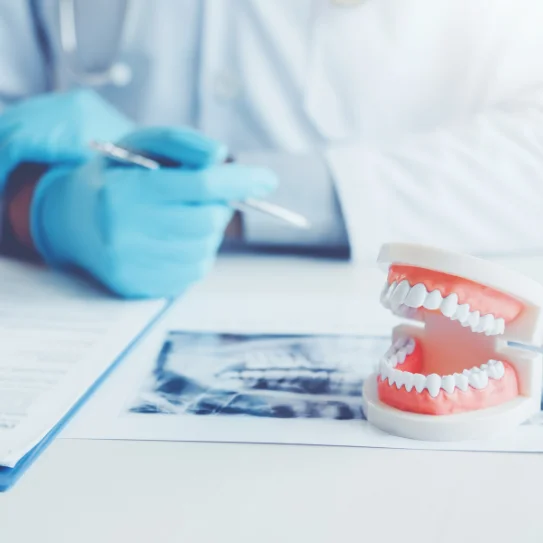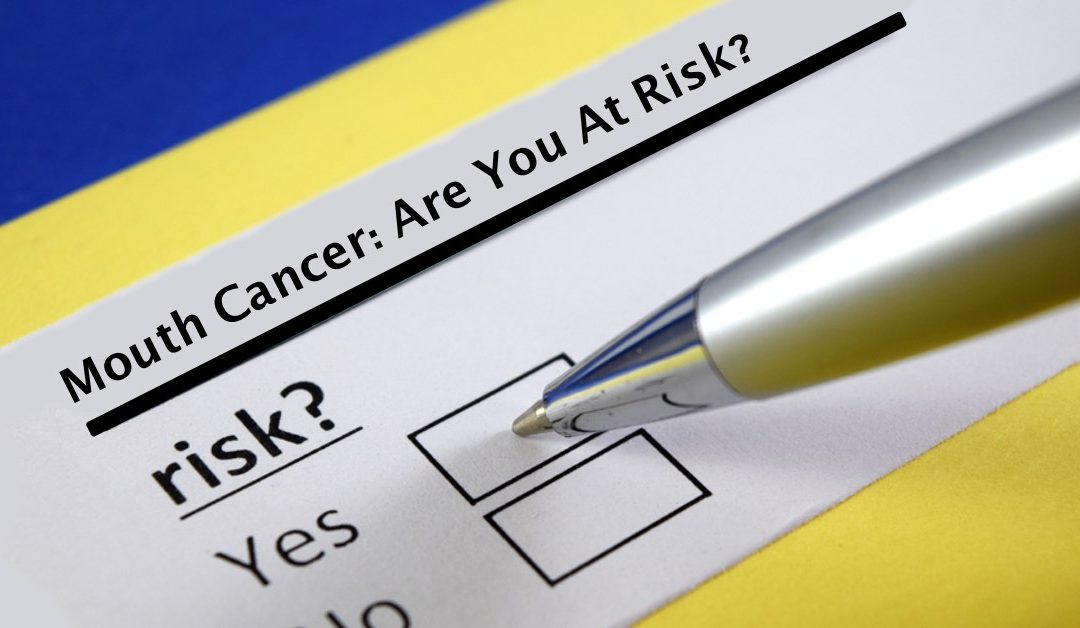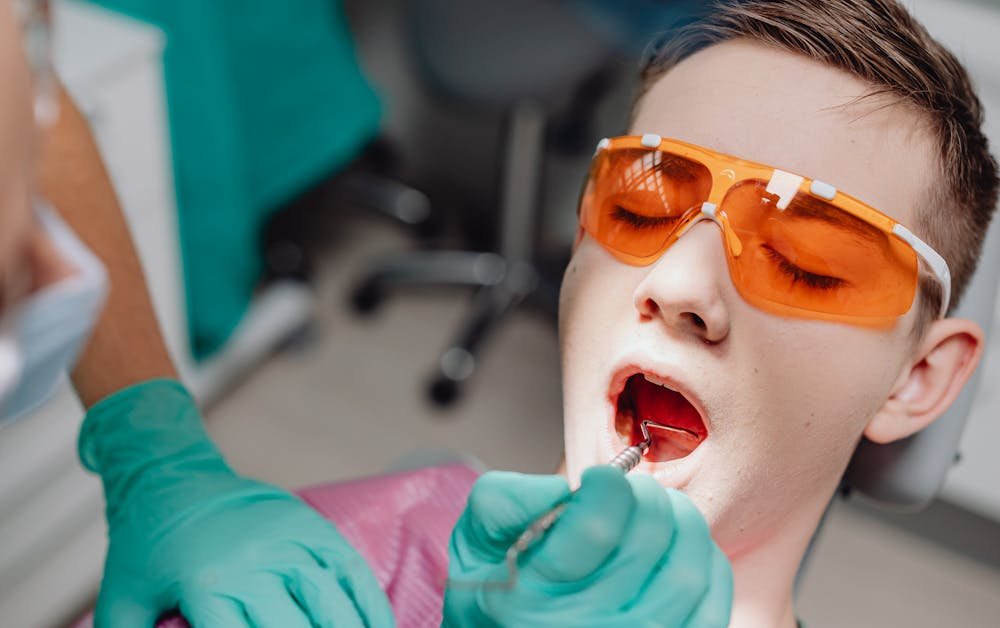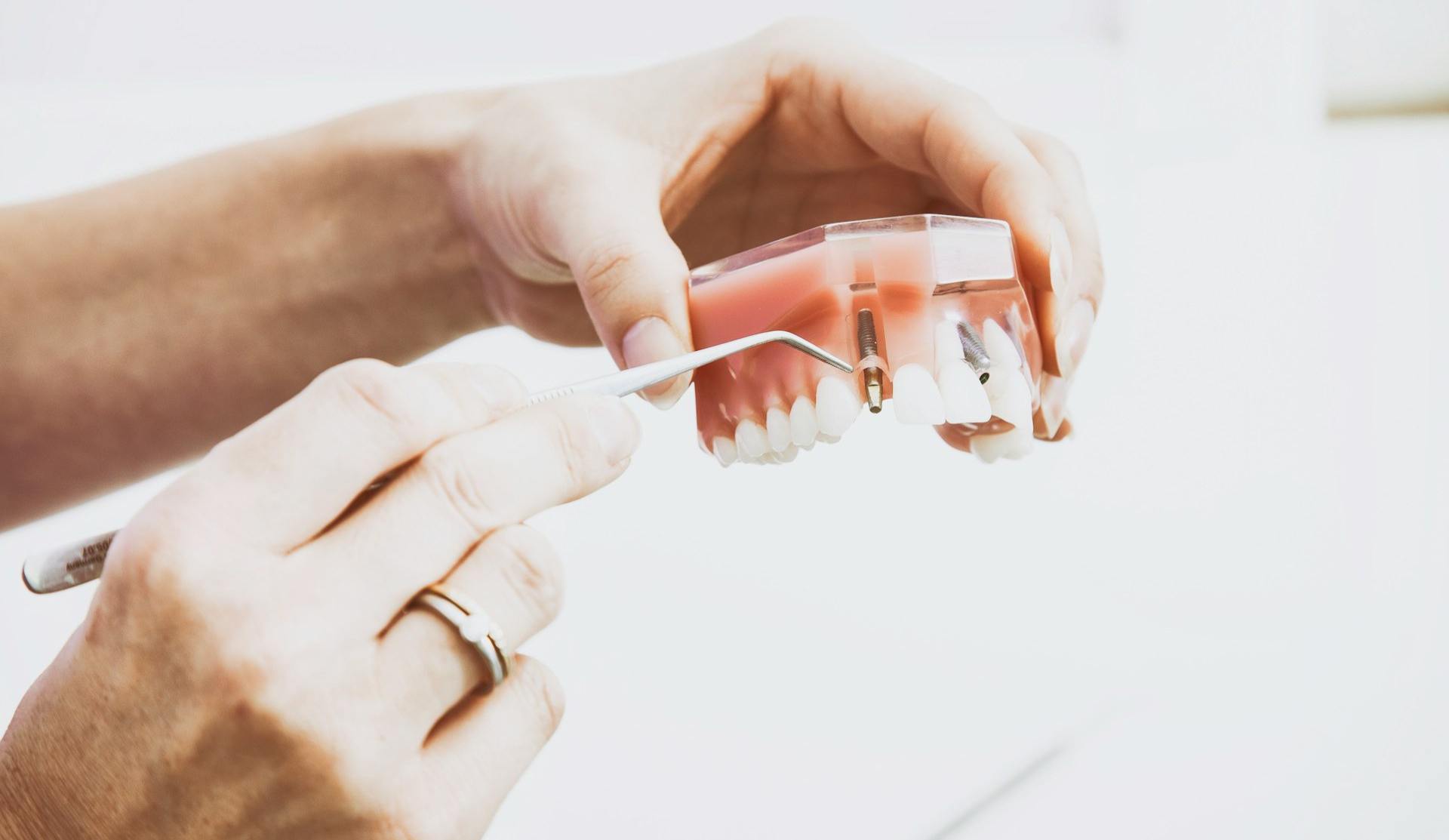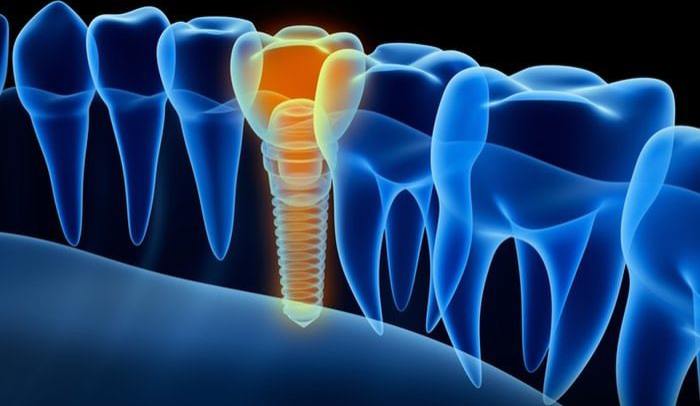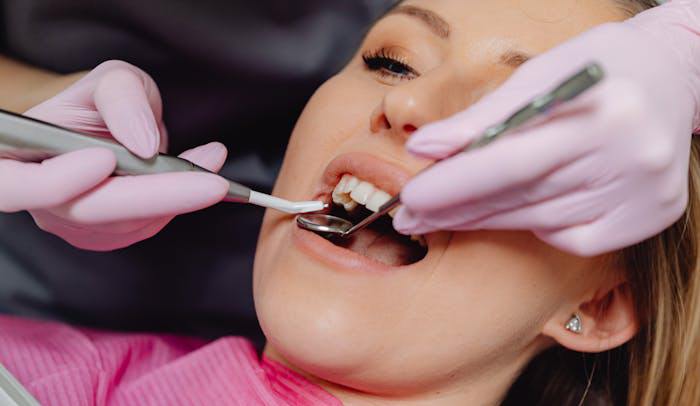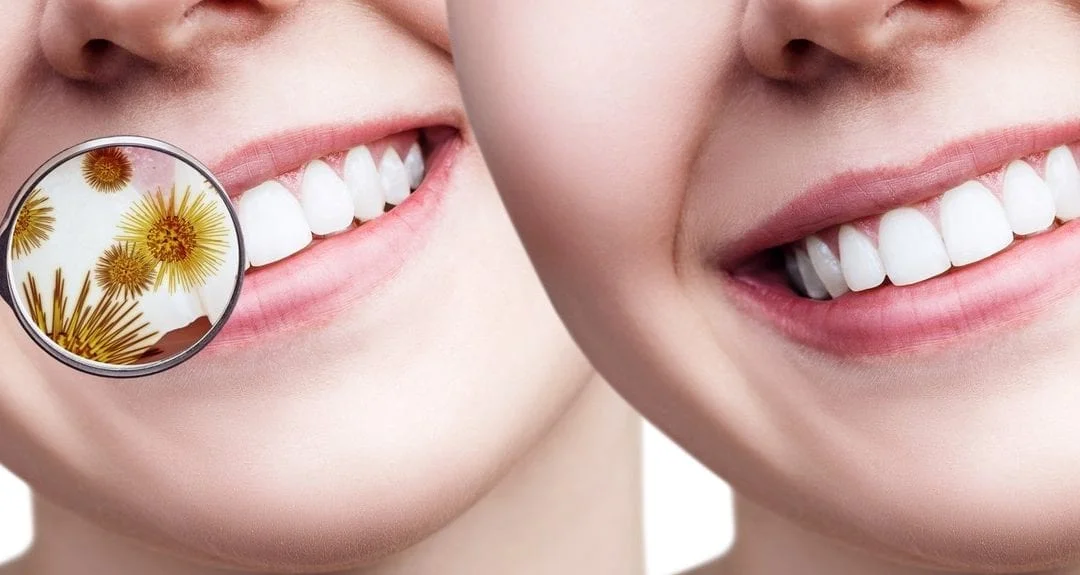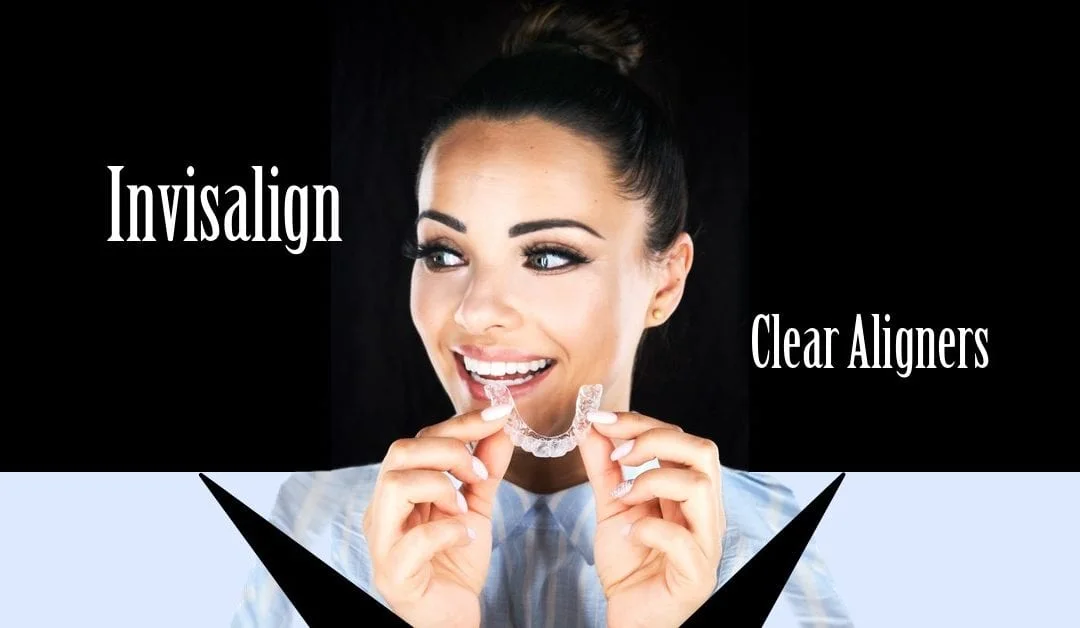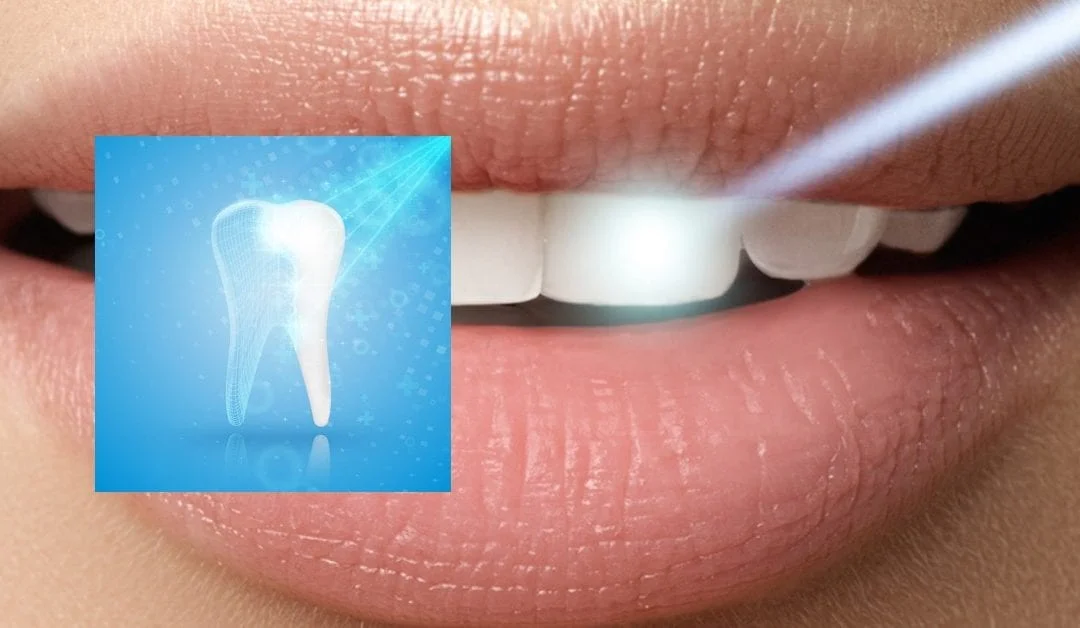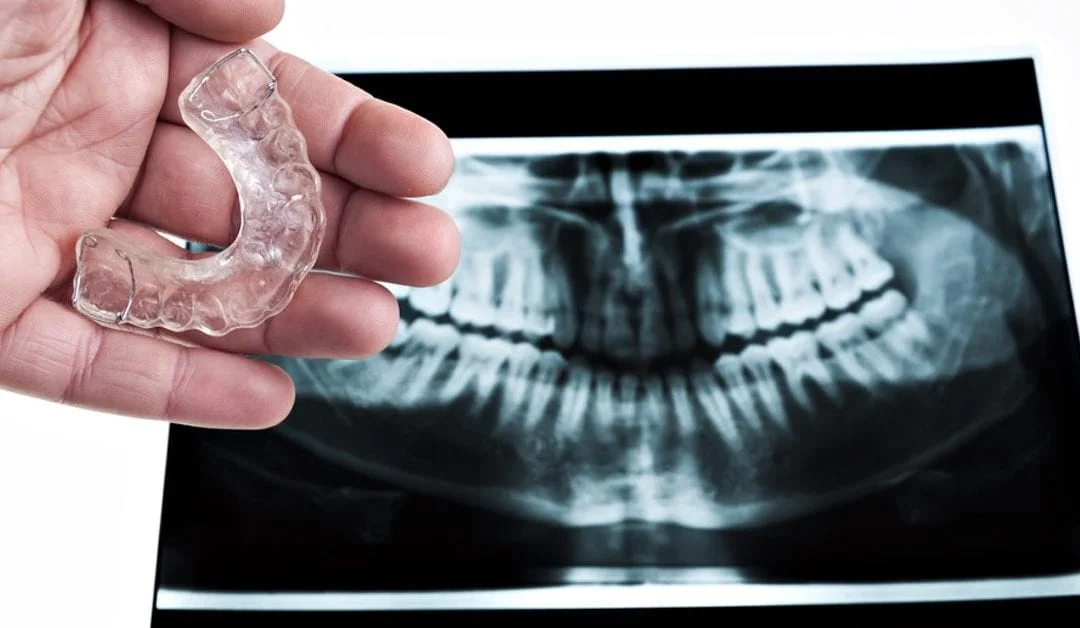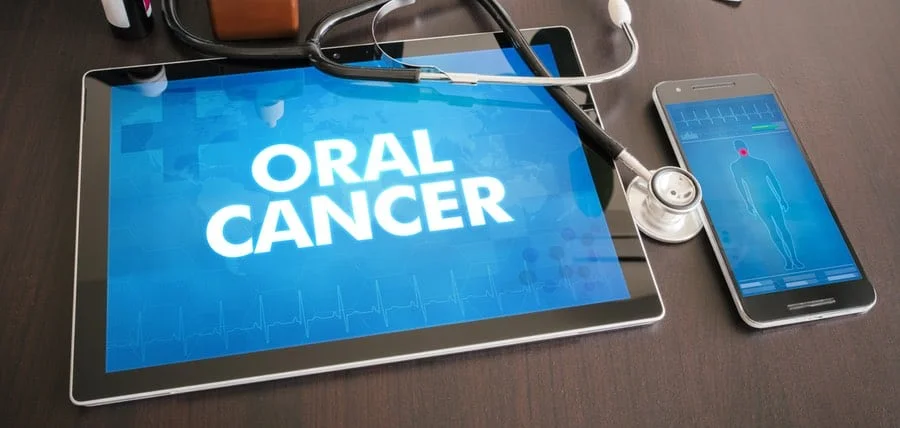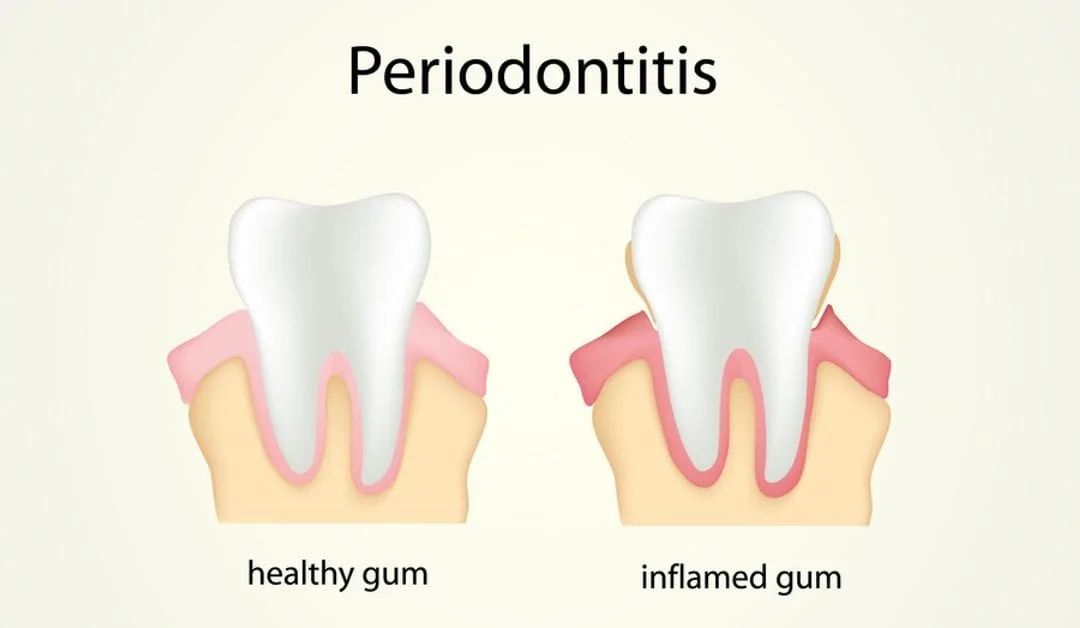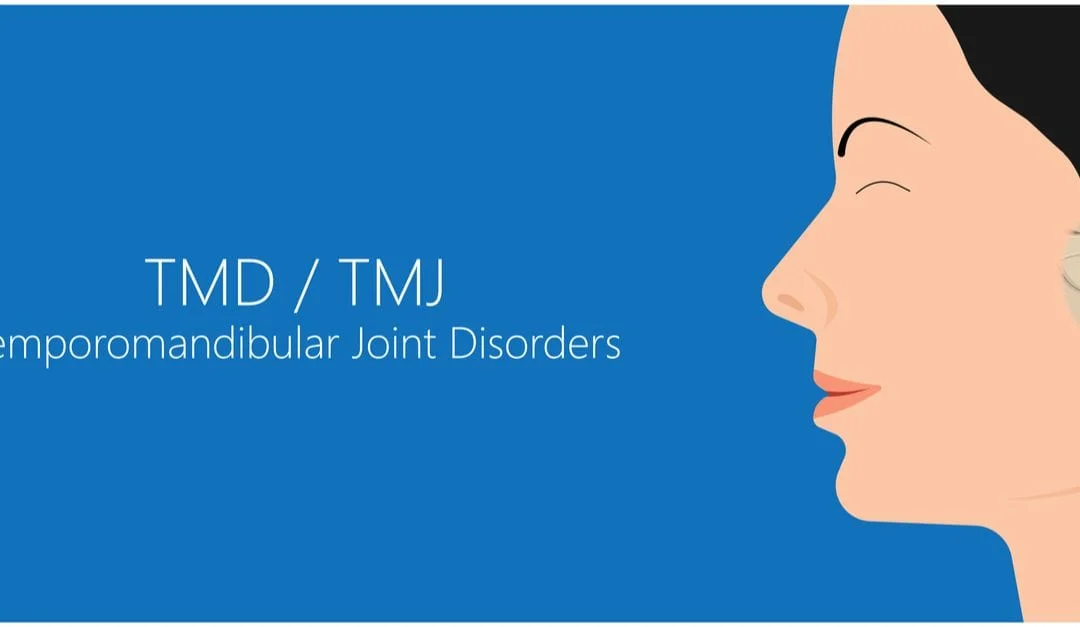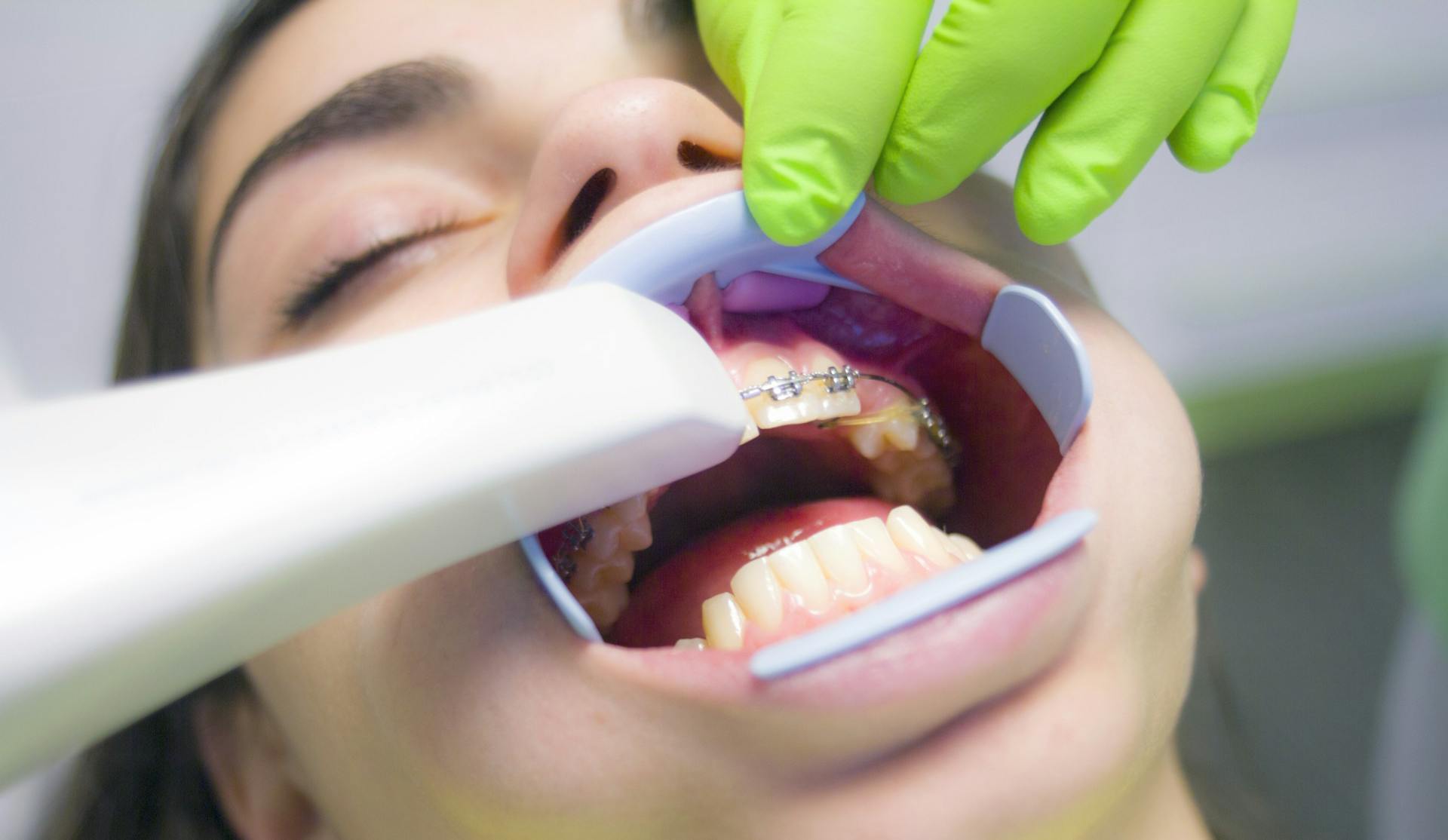
Table of Contents
Medications That Can Affect Your Teeth and Mouth
Advancements in pharmaceutical treatment have allowed people to live longer and healthier lives. However, some of these medications can also have side effects. Some of these may be unexpected. Are you in the habit of taking good care of your teeth? You should know about a few of these medications that can have a negative effect on your dental health.
Antihistamines
Antihistamines are taken to prevent the release of histamines in the body, a component that is involved in allergic reactions. These medications work by drying tissues. However, this same drying effect inhibits the release of saliva that helps to remove bacteria from teeth. Taking antihistamines on a frequent basis can cause dry mouth problems. Dry mouth is linked to an increased risk for dental caries.
Decongestants
Medications you take for the common cold often contain decongestants that dry mouth tissues and can increase your risk for dental problems. You can limit the number of decongestants you take by using a nasal spray for congestion or taking a hot shower to allow steam to open up your breathing passages.
Antacids
Millions of people take antacids to help heartburn and stomach upsets. These medications can inhibit the production of saliva in the mouth. Saliva is necessary to wash bacteria from the teeth and neutralize acids in foods. Take antacids only when necessary and avoid those that contain sugar, which can contribute to tooth decay.
Antibiotics
Tetracycline and related antibiotics are known to cause discoloration in children’s teeth. The drugs do not have this effect on teeth that are already formed. Women who are pregnant and children under the age of eight should be prescribed other types of antibiotics, to avoid discoloration in developing teeth.
High Blood Pressure Medications
There are many types of drugs used to regulate high blood pressure, a condition that is associated with heart disease and stroke. These drugs can cause swelling of gum tissue and an increase in the development of plaque under the gums, which can result in increased gum disease and tooth loss.
Antidepressants
Tricyclic antidepressants can cause dryness of the mouth and increased risk for cavities. Some patients also develop fungus infections of the mouth, which may require treatment. Sometimes, changing to a different type of medication can bring relief to these problems.
Pain Medications
If you take NSAIDs or opioid medications for chronic pain conditions, you may experience dry mouth and tooth problems. Sip water throughout the day to keep your mouth tissues moist and see your dentist in NYC regularly to maintain good dental health.
Anti-Seizure Medications
Medications to treat epilepsy or other types of seizures are available that are highly effective for preventing seizures, but may cause dryness of the mouth, swollen gums or other problems that can affect teeth. If you are taking these medications, see your dentist frequently to manage these problems that can affect your dental health.
Chemotherapy Drugs
Chemotherapy medications are used to kill cancer cells, but they can also have a damaging effect on normal cells in the mouth. Patients often experience burning, peeling of tissues, or painful mouth sores that make eating difficult. These drugs can also increase your risk for tooth decay. Children who are under chemotherapy treatment may experience malformations of the teeth or teeth falling out. If you are having cancer treatment and experience mouth or tooth problems, talk to your doctor about ways to help alleviate these issues.
The benefits of medication generally far outweigh the minor side effects that commonly occur. If you experience changes in the color or condition of your teeth, oral sensitivity, or the development of mouth ulcers, talk to your doctor about the medications you are currently taking. Frequently, a change of medication can bring relief to these symptoms.
If you are looking for a dentist in NYC to help you maintain good dental health while taking any of these medications, contact Maiden Lane Dental. We are located in the Financial District of NYC. Our long list of 100% satisfied and happy patients comes from the entire tri-state area. Manhattan – New York County, Bronx – Bronx County, Brooklyn – Kings County, Queens – Queens County, Staten Island – Richmond County and the list goes on.
Our Service
-
 Dental Service
Dental Service
-
 General Dentistry
General Dentistry
-
 Cosmetic Dentistry
Cosmetic Dentistry
Comprehensive dental care ensuring healthy, radiant smiles for individuals and families in NYC.
Routine check-ups, cleanings, and preventive care to maintain your oral health effortlessly.
Enhancing your smile with advanced cosmetic procedures for a confident, beautiful appearance.

